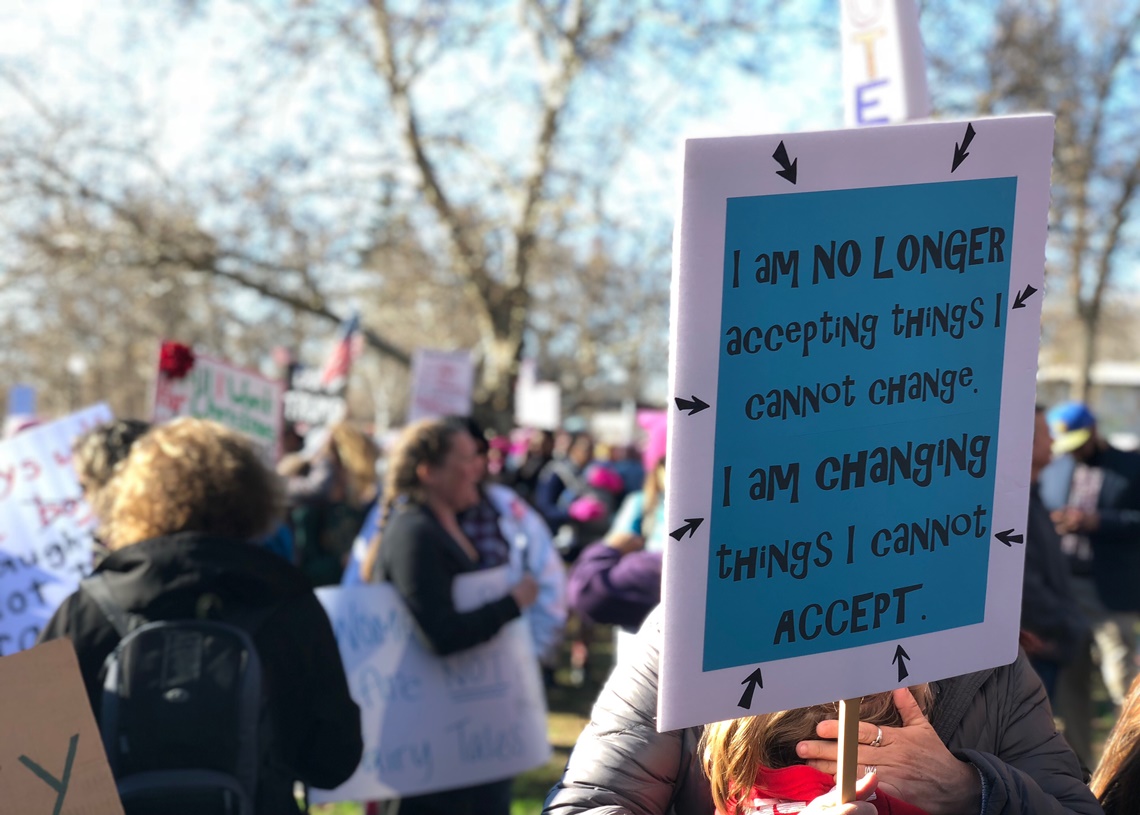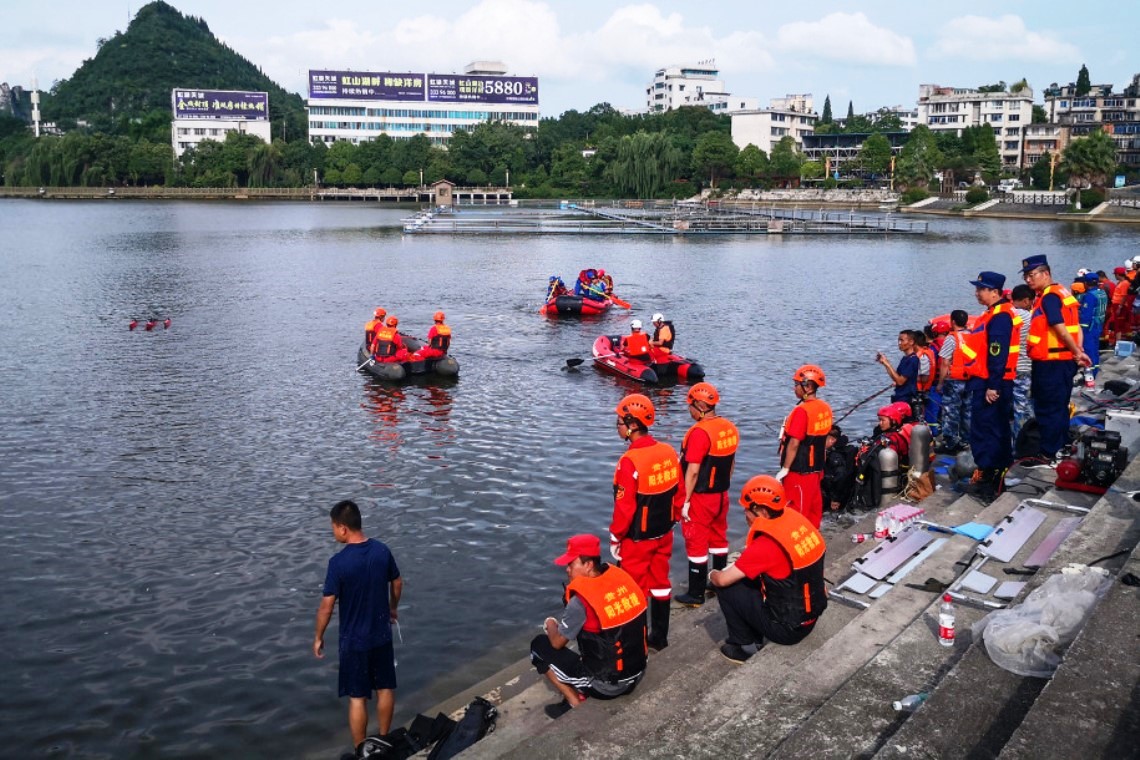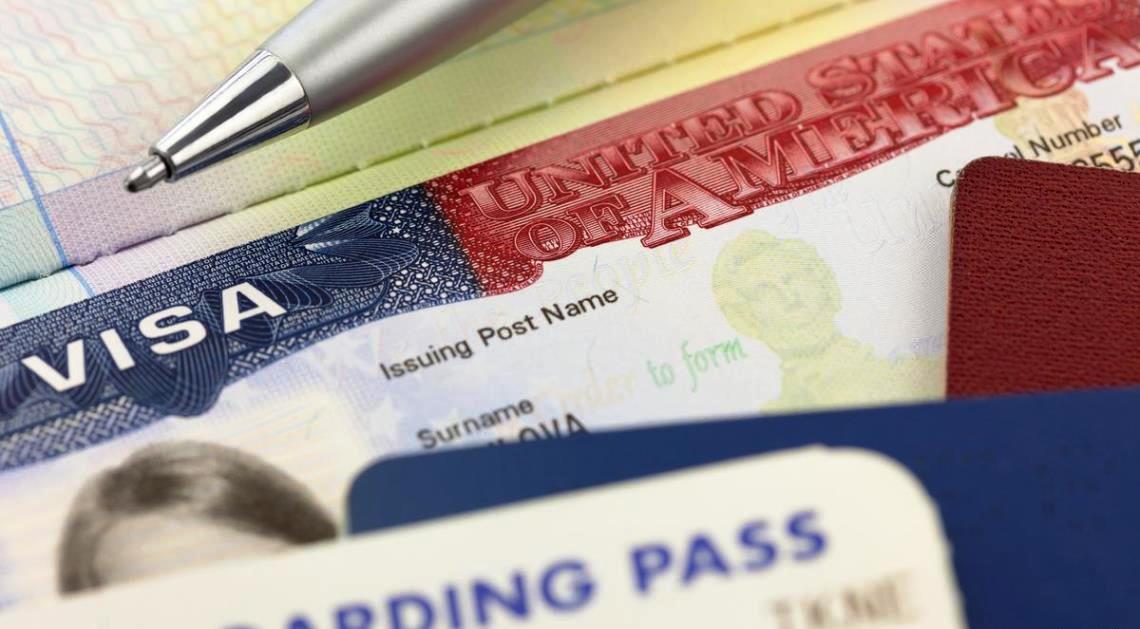Decentralized education management is transforming how public primary and secondary education around the globe is being financed and delivered. By transferring crucial decision-making powers to lower levels of an organization, it is essentially bringing about school autonomy where deconcentration simplifies complex centralized government administration.
From students struggling to cope with mental health issues without the support of friends and classmates, to teachers feeling helpless due to insufficient guidelines on how to make homeschooling work for privileged and underprivileged kids, lockdowns have instilled fear among students and teachers alike, questioning the very bedrock of the future of public education system.
And while economists often measure decentralization by assessing the amount of educational revenues that are derived from local sources, a recent example from the UK is a case in point for why decentralized education management is key to social equality.
UK’s priorities may seem off but there is method to madness
In the UK a lot has been talked about and written about the downsides of reopening pubs before resuming normal school operations over the last one month. The decision to allow people to dine, drink and shop but not letting their children go to school has raised many eyebrows, speaking volumes about national priorities.
Anthony Costello, who formerly worked with the World Health Organization, had joined this debate, questioning the UK’s government ill-defined stance over prioritizing leisure over learning.
But in hindsight, the decision does make sense to some degree. Given the sheer number of students looking forward to getting back to school, it would be practically impossible to observe stringent social distancing protocols in buildings dilapidated with time.
The dangers are glaringly apparent in the case of teachers who are at the highest risk of face-to-face transmission. Teachers, who are facing students for prolonged hours, will face the risk of inhaling contaminated vapors, thus increasing chances of transmission.
Pubs, on the other hand, are now required to take down customer details before allowing a dine-in or take out, so that they can be contacted for deep cleaning and temporary suspension if any of their visitors are suspected or come down with the coronavirus infection. This sort of arrangement is implausible in schools where teachers are exposed to innumerable risks given the nature of their responsibilities and work schedule.
Pubs or schools: What carries the most risk?
If such a situation were to arise in schools, staff would be unable to take prompt action as the guidelines do not indicate immediate closures. They would rather state that appropriate measures of quarantine will be imposed depending upon the magnitude of transmission.
Much like in the case of hospitals, where the hospital workers, janitors, and support staff are the primary carriers of the virus due to lack of protective gear for them, schools too face a similar risk of rapid transmission through school workers.
Don’t they face an immediate threat from the antisocial behavior of students as they are the ones who end up cleaning up the mess? Pubs undoubtedly have better systems and infrastructure in place to handle these situations. Sadly, schools don’t.
Amid all this chaos, the government must support a transition that no longer results in anxiety and panic. The current pandemic has turned life upside down in an instant for students and school staff. A little relief and support from the government would be most welcome.
Decentralized education management: A possible way forward
A recent article by Tes reveals that the Department of Education is aware of the imminent dangers, but the authorities simply seem content to look the other way. It says nothing about the sanctions schools can employ to keep their staff safe. And the government has neglected/is incapable of doing anything about it.
When centralized institutions cannot overcome their own shortcomings, is decentralized education management the only recourse? In centralized organizations, strategic planning, goal setting, budgeting, and talent deployment are typically conducted by a single, senior leader or leadership team.
In contrast, in decentralized organizations, formal decision-making power is distributed across multiple individuals or teams. By democratizing the school reopening process and automating learning, schools can practically hand back power over to parents, students, and staff instead of relying on time-consuming reforms.
There is no doubt that safe school reopening must be the number one priority to prevent a further outbreak, but so should be the change in obsolete learning methods that have been long-known to benefit only the privileged community. And one of the potential benefits of the decentralized education management is increased accountability so that the schools can no longer disguise the disproportionate distribution of school resources.
Deconcentration is the key
Segregating an education organization into smaller decentralized units enhances efficiency and minimizes costs. Organizations should try to ensure that the size of each unit is such that it is easily manageable and decentralize authority accordingly. In the final analysis, a form of technology must be initiated to put order to the decentralization process.
Decentralized education management can improve learning when it enhances capacity and democratic participation, and when resources are distributed equitably. And that is, probably, the only way learning will get prioritized over leisure when lifting coronavirus restrictions.
If you want to be part of a decentralized education ecosystem, think about your options.







